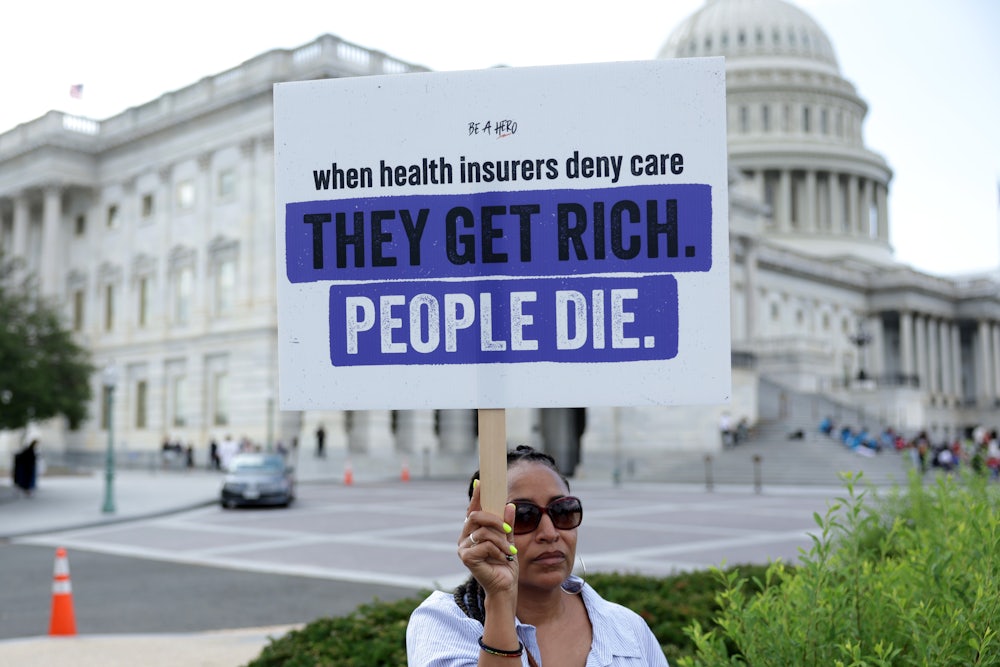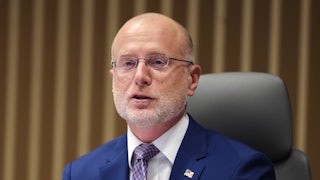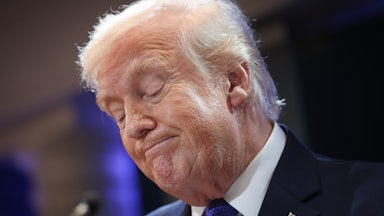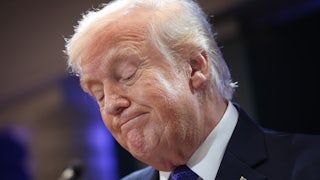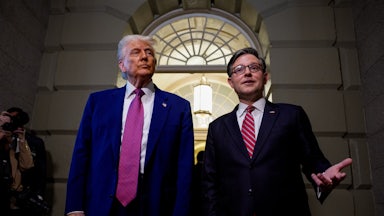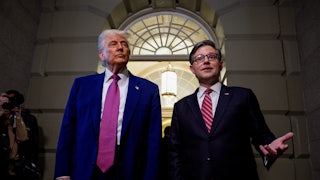Donald Trump promises he will “not cut one penny” of Medicare, but like most elected Republicans he’s a strong proponent of Medicare privatization. During his first administration, Trump issued an executive order that said Medicare Advantage, the privatized version of Medicare, “delivers efficient and value-based care through choice and private competition.” Mehmet Oz, the TV doctor Trump nominated to run the Centers for Medicare and Medicaid Services, disparages traditional Medicare and has called for massive expansion of Medicare Advantage. By remarkable coincidence, as of 2022 Oz owned a reported stake of $550,000 in UnitedHealth, Medicare Advantage’s largest participant.
There are many things the private sector does better than the federal government, among them enriching shareholders like Oz. But the private sector does not provide health care more efficiently than the public sector. That’s been demonstrated over and over, yet nobody wants to believe it. A report published Wednesday by The Wall Street Journal summarizing a year’s worth of its investigations indicates that where Medicare Advantage really excels is in the filing of fraudulent claims.
Congress created Medicare Advantage in 1997 to demonstrate for good and all, damn it, that the market economy could be more cost-effective at delivering doctor and hospital care. The privatization program succeeded in winning over the public: 54 percent of the Medicare-eligible population chooses Medicare Advantage.
Medicare Advantage looks to people over 65 like a better deal because it covers things traditional Medicare doesn’t, such as visits to the dentist or the eye doctor. Some plans even cover acupuncture! But if you get seriously ill and need to be referred to a specialist, Medicare Advantage isn’t so great. An April 2022 study by the Health and Human Services Department’s inspector general found that 13 percent of the referrals denied under Medicare Advantage would have been approved under traditional Medicare.
Medicare Advantage also shows that health care privatization is a lousy deal for taxpayers. Medicare Advantage costs the federal government 7 percent more per enrollee than traditional Medicare, according to an August 2024 study by the fiscally conservative Peter G. Peterson Foundation. For enrollees with similar health profiles, Medicare Advantage costs 22 percent more, according to the Medicare Payment Advisory Commission.
Perhaps that’s because, as the Journal’s investigations found, Medicare Advantage insurers routinely pad their government reimbursement requests with spurious diagnoses. For example, an astounding 66,000 Medicare Advantage patients were diagnosed with diabetic cataracts even after these patients had surgery to correct them, making that diagnosis, in the Journal’s words, “anatomically impossible.” In other instances, patients whom Medicare Advantage insurers reported as HIV positive received none of the recommended treatments. If a doctor failed to furnish a desired diagnosis, insurers dispatched a nurse to the patient’s home to find one. Medicare Advantage insurers also conned veterans into enrolling in the program even though they were already covered adequately by the Veterans Administration health system, which has repeatedly been demonstrated to be superior to private hospital care (something else the public is reluctant to believe).
UnitedHealth, the parent company of United Healthcare, whose chief executive, Brian Thompson, was assassinated last month, is, according to the Journal, a particular offender, furnishing doctors with checklists of possible diagnoses. Looking at Medicare data between 2019 and 2022, the Journal found that patients who moved from traditional Medicare to UnitedHealth’s Medicare Advantage plans “got 55 percent sicker, on paper” during their first year in Medicare Advantage. (UnitedHealth replied in a written statement that it provided “more accurate diagnoses” and alleged, without providing evidence, that the Journal’s reporting method was flawed.)
So, OK, Medicare Advantage charges the federal government more. Don’t I want, as a patient, more money to be lavished on my health care? The sickest customers do not. People in their final years of life left Medicare Advantage for traditional Medicare “at double the rate of other enrollees” between 2016 and 2022, the Journal reported in November. This exodus of expensively dying patients saved Medicare Advantage $10 billion during this period.
The trouble with the market is that, just as it extracts more money from people who buy a lot of expensive jewelry or clothing or dinners at fancy restaurants than from people who don’t, it wants to extract more money from people who spend two months in the hospital than from people who don’t. You can correct this bias somewhat, but you can’t correct it entirely because that’s just how market forces work. Burdening people who are seriously ill is one way the private sector is more “efficient” than the government; bilking the government is another. But neither efficiency is what we’re looking for in the Medicare program.
The challenge with all privatization schemes is that the private sector doesn’t aspire to save the government money. Why should it? Sometimes the market can be induced to do so in spite of itself through virtuous corporate management or vigilant government oversight. But it’s uniquely foolish to expect the market not to maximize profit on a commodity that people need as desperately as health care. Someday the public will grasp this truth, and we’ll get socialized medicine. Until that happens, private insurers will take every conceivable advantage, and Republicans like Trump and Oz will manage not to notice, because that would be anti-business.
